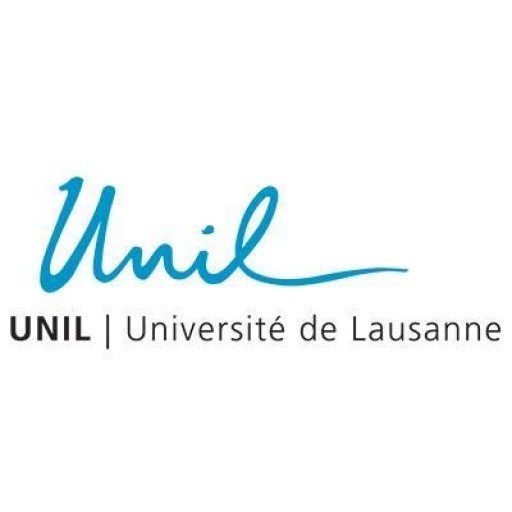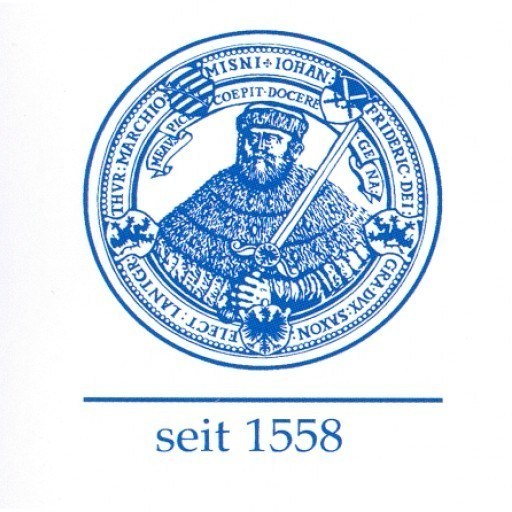Photos of university / #unilch
Programme Description:
The Bachelor of Science in Behaviour, Evolution and Conservation at the University of Lausanne offers students a comprehensive understanding of the biological and ecological principles underlying animal and plant behaviour, evolutionary processes, and conservation strategies. This interdisciplinary programme combines aspects of biology, ecology, ethology, genetics, and environmental science to provide a well-rounded education in the mechanisms that shape the diversity of life on Earth and the ways humans can contribute to its preservation. Throughout the programme, students will explore how animals and plants adapt to their environments through evolutionary processes, how their behaviour is influenced by genetic and ecological factors, and how conservation efforts can mitigate the impacts of human activity on ecosystems and species survival. The curriculum emphasizes both theoretical knowledge and practical skills, including fieldwork, laboratory techniques, data analysis, and scientific communication. Students will have opportunities to engage in research projects, internships, and excursions that enhance their understanding of real-world conservation challenges. The programme prepares graduates for careers in ecological research, wildlife management, environmental consultancy, conservation policy, and education. By integrating scientific principles with applied conservation approaches, the programme seeks to foster innovative solutions for preserving biodiversity and promoting sustainable interactions between humans and the natural world. The University of Lausanne's strong international network and collaborative research environment provide students with valuable opportunities for academic exchange and professional development in this dynamic field.
The Master’s program in Behaviour, Evolution and Conservation at the University of Lausanne offers a comprehensive and interdisciplinary curriculum designed to provide students with a deep understanding of the biological, ecological, and evolutionary processes shaping animal and human behavior. The program integrates theoretical principles with practical skills, enabling students to explore the mechanisms underlying animal behavior, evolutionary adaptations, and strategies for conserving biodiversity in changing environments. Throughout the course, students engage with a wide range of topics including behavioral ecology, evolutionary biology, conservation biology, neuroethology, and statistical methods for data analysis.
The program emphasizes hands-on research experience, encouraging students to participate in fieldwork, laboratory experiments, and data collection projects. This practical training aims to develop critical thinking, quantitative analysis skills, and a solid foundation in scientific methodology. Students are also introduced to ethical considerations in research and conservation practices, preparing them for careers in academia, wildlife management, environmental consultancy, or policy-making.
The curriculum is structured to combine coursework with independent research, culminating in a master’s thesis that addresses pertinent questions in behaviour, evolution, or conservation. Faculty members are active researchers known globally for their contributions to the field, providing mentorship and fostering an innovative learning environment. The program also promotes interdisciplinary collaboration, drawing insights from physiology, genetics, ecology, and psychology to explore complex biological phenomena comprehensively.
By completing this master’s program, graduates will be equipped with the theoretical knowledge and practical skills necessary to pursue careers in research, conservation, or education. They will be capable of analyzing behaviors within an evolutionary framework, designing conservation strategies based on scientific evidence, and contributing to the understanding and protection of biological diversity worldwide. The program prepares students for further academic pursuits or professional roles that require a sophisticated understanding of behavior, evolution, and conservation science.
The Master of Science in Behaviour, Evolution and Conservation at the University of Lausanne is designed to provide students with a comprehensive understanding of the fundamental principles and recent advances in the fields of animal behaviour, evolutionary biology, and conservation science. The program aims to equip students with both theoretical knowledge and practical skills necessary to analyze complex biological phenomena and address conservation challenges.
Admission requirements typically include a Bachelor's degree in Biology, Ecology, Environmental Science, or a related field from an accredited institution. Applicants are expected to demonstrate a strong academic record, including coursework in biology, ecology, genetics, and statistics. Proficiency in English is required, with proof of language competence through standardized tests unless the candidate is from an English-speaking country. Some background in research methods and data analysis is also recommended.
The program's curriculum consists of core courses, elective modules, practical training, and a research project or thesis. Core courses cover topics such as animal behaviour, evolutionary theory, conservation biology, population genetics, and ecological methodology. Electives allow students to specialize in areas like evolutionary genomics, behavioural ecology, or conservation management. Practical elements include laboratory work, field studies, and statistical data analysis, often involving collaboration with ongoing research projects.
To graduate, students must complete a set number of credits through coursework and successfully defend a Master’s thesis based on original research conducted during the program. The thesis typically involves designing experiments or field studies, collecting and analyzing data, and interpreting results within the context of current scientific literature. Continuous assessment methods—such as exams, coursework, presentations, and participation—are employed throughout the program.
Overall, the program prepares graduates for careers in research, conservation organizations, environmental consultancy, or further academic pursuits. It emphasizes an interdisciplinary approach, combining biological sciences with practical conservation strategies. The university supports students through access to research facilities, expert faculty, and opportunities for internships or collaborations with biodiversity conservation agencies.
The program duration is generally two years of full-time study, although part-time options may be available. The university encourages interdisciplinary learning, critical thinking, and scientific curiosity, fostering the skills necessary for innovative research and effective conservation solutions. Upon successful completion, graduates receive a Master of Science degree, qualifying them for PhD studies or employment in relevant sectors such as ecological consulting, wildlife management, or environmental policy development.
The University of Lausanne offers various financing options for students enrolled in the Behaviour, Evolution and Conservation program. Tuition fees for the Bachelor's and Master's degrees in this field vary depending on the student's nationality and residency status. Swiss and EU/EFTA students benefit from lower tuition rates set by the university, which are subsidized by the Swiss government, whereas non-EU/EFTA students typically pay higher fees. International students should check the specific fee structure for their category on the university's official website to obtain accurate and up-to-date information.
Students are encouraged to explore a range of financial aid opportunities to support their studies. These include scholarships, grants, and financial aid programs provided both by the university and external organizations. The University of Lausanne offers merit-based scholarships targeting outstanding students, as well as need-based financial aid for students demonstrating significant financial hardship. Application procedures for these scholarships usually require submitting academic transcripts, motivation letters, and proof of financial need.
In addition to university-specific funding, students may seek government aid or national student loans available in their home countries. Swiss students can access federal student assistance programs, which often include subsidized loan schemes and repayment plans tailored for students pursuing higher education. International students might also qualify for external funding sources such as European Union grants, private foundations, or international scholarships dedicated to promoting academic exchange and research.
Part-time employment is another avenue for financing studies, and the University of Lausanne provides resources and advice for students seeking part-time jobs both on and off-campus. The university's career services assist students in finding employment opportunities suitable for balancing with their academic commitments. It is generally recommended that students plan their finances carefully and explore multiple funding sources to ensure they can finance their studies without undue stress.
Overall, financing a degree in Behaviour, Evolution and Conservation at the University of Lausanne involves a combination of tuition fees, scholarships, grants, government aid, external funding, and part-time work opportunities. Prospective students should regularly consult the university's official website and contact the admissions and financial aid offices for the most current and comprehensive information regarding available funding options, application deadlines, and eligibility criteria.
The Master of Science in Behaviour, Evolution and Conservation at the University of Lausanne offers a comprehensive interdisciplinary program designed to prepare students for research and professional careers in the fields of animal behaviour, evolutionary biology, and conservation science. This program combines theoretical knowledge with practical skills, allowing students to understand the processes driving the behaviour and evolution of animals, as well as strategies for conserving biodiversity in a rapidly changing world. The curriculum encompasses various disciplines including ecology, ethology, genetics, physiology, and psychology, providing a broad scientific foundation. Students engage in both coursework and research activities, often participating in fieldwork and laboratory experiments to gain hands-on experience. The program emphasizes critical thinking, data analysis, and scientific communication, skills essential for effective research and policy development. Graduates are equipped to pursue doctoral studies or careers in conservation organizations, governmental agencies, research institutes, or environmental consultancy firms. The university's strong ties to local and international research projects offer students opportunities for internships, collaborative research, and networking with professionals in the field. The program is geared towards students passionate about understanding animal behaviour, evolutionary mechanisms, and conservation challenges, aiming to contribute to sustainable solutions for biodiversity loss and ecosystem management. The faculty comprises renowned experts in behavioural ecology, evolutionary biology, and conservation science, providing mentorship and up-to-date knowledge. The degree prepares students to address complex biological questions and participate actively in scientific debates and policy formulation. Overall, this master's program is an ideal pathway for those committed to advancing scientific understanding and applying this knowledge to protect the natural world.









